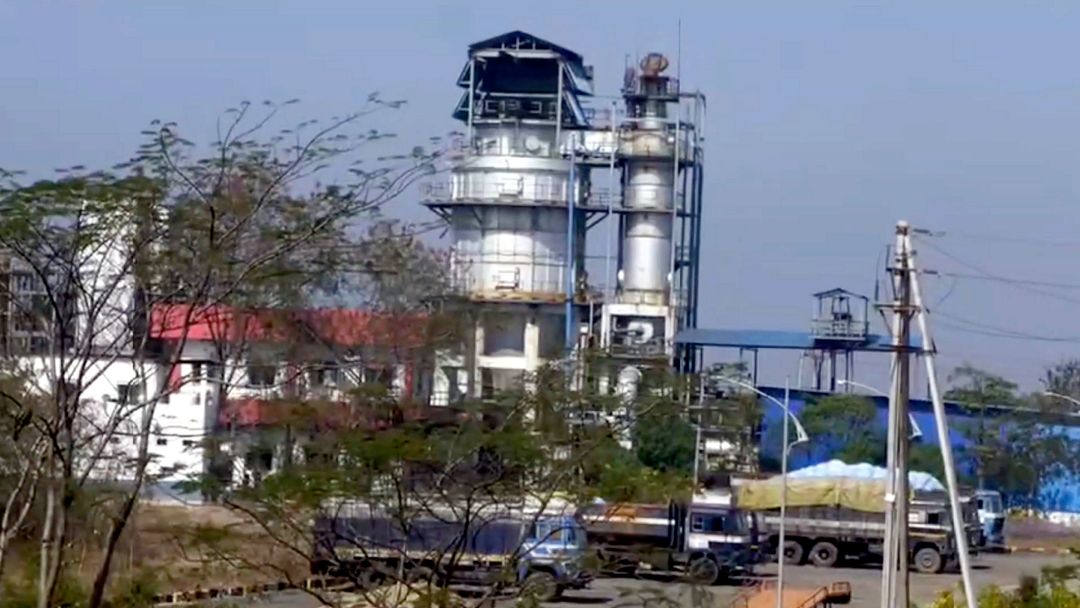Organization Alleges Lack of Transparency in Waste Incineration Reports
An activist group opposing the incineration of toxic waste from the defunct Union Carbide factory has accused the Madhya Pradesh Pollution Control Board (MPPCB) of misleading the public regarding the ongoing trial burning at a facility in Pithampur, Dhar district. The waste originated from the infamous Bhopal gas tragedy site of 1984.The Pithampur Bachao Samiti claimed that the pollution control board is withholding comprehensive data related to the trial incineration process, causing growing concern among local residents. The group plans to petition the Madhya Pradesh High Court shortly, demanding an immediate halt to the eight-day trial.
Trial Disposal Faces Allegations Amidst Public Health Concerns
Hemant Kumar Hirole, head of the Pithampur Bachao Samiti, criticized the MPPCB during a press conference held in Indore on Friday. Hirole stated, “The State Pollution Control Board is not making public the complete report of the ongoing trial of the Union Carbide waste burning at Pithampur's disposal plant. The board is misleading people. It has also not disclosed the status of the ashes and other residues left after burning the waste.”According to Hirole, since the beginning of the waste disposal trials, residents in the area have experienced health complaints, including burning sensations in the eyes, throat pain, and mouth dryness.
MPPCB and State Administration Deny Health Risks
Despite these accusations, the Madhya Pradesh Pollution Control Board maintains that all emissions measured during the waste incineration trial have consistently remained within established safety standards. The state administration has supported these claims, reassuring residents of no adverse health impacts.Indore Division Commissioner Deepak Singh highlighted that health department checks on local residents living around the incineration plant have shown normal health parameters. Singh stated, "During the trial disposal of chemical waste, all test reports of residents have been found normal."
Waste Disposal Process and Compliance with Safety Norms
Following an order by the Madhya Pradesh High Court, the incineration trials are set to occur in three distinct phases, each involving the disposal of 10 tonnes of waste. The court mandated adherence to strict safety guidelines and has requested the submission of a detailed report by March 27.The first phase of incineration concluded on March 3, while the second phase began on March 6. According to officials, approximately 10 tonnes of waste require about 55 hours to incinerate fully.
Waste Originating from World's Worst Industrial Disaster
The hazardous waste being incinerated in Pithampur was transported from the defunct Union Carbide pesticide factory in Bhopal, the site of the catastrophic methyl isocyanate (MIC) gas leak that occurred between December 2 and 3, 1984. The tragedy resulted in the deaths of at least 5,479 people and left thousands with long-term physical disabilities.The waste materials include contaminated soil from the factory premises, reactor residues, pesticide (sevin) residues, naphthal residues, and semi-processed chemicals. The MPPCB has assured that the effects of sevin and naphthal are now negligible, confirming the waste is free from MIC gas and radioactive particles.
Despite official reassurances, the local community remains wary, awaiting transparency and the complete disclosure of information from authorities.
